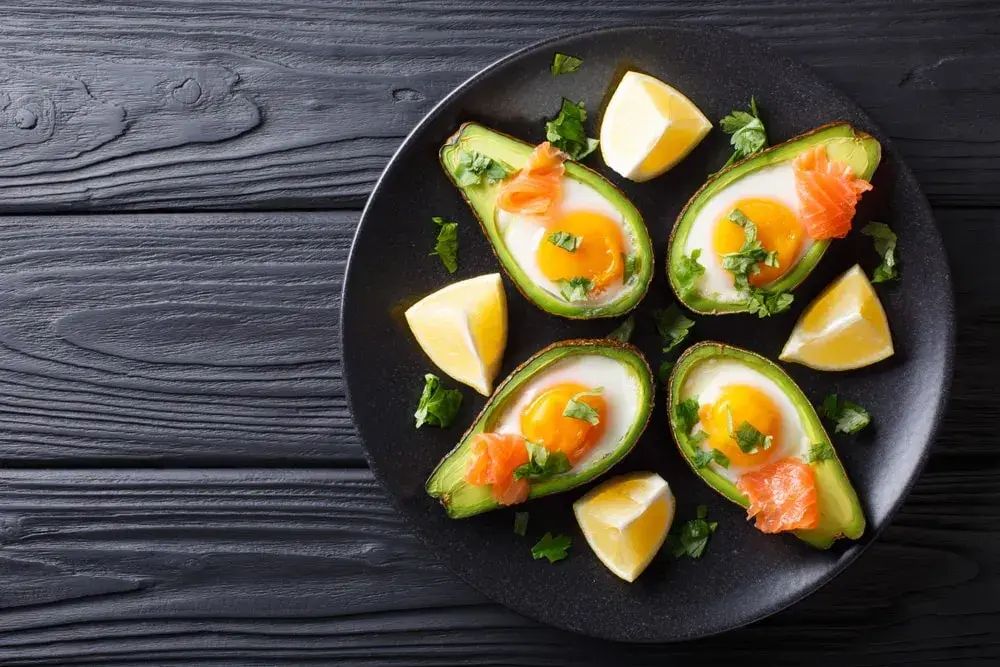Get Summer-Ready:
Get Summer-Ready: Why April is the Perfect Time to Start Body Contouring Summer is around the corner—are you ready to show off your best self?...
4 min read
Garcia Weight Loss
:
Oct 8, 2018 12:00:00 AM

/assets/images/provider/photos/2579660.jpg)
Collagen has made a name for itself as an anti-aging powerhouse. In fact, collagen isn’t just the latest skin care fad — it’s been consumed for hundreds of years and is essential to the proper function of the human body.
The presence of collagen in the skin keeps it youthful, supple, and bouncy. You may see collagen advertised in skin care products or as a supplement that can be mixed with food or taken in a capsule.
But collagen isn’t just a beauty ingredient. It’s important for the health of all connective tissues in the body, including the muscles, tendons, joints, and intestines. It acts as a glue or scaffolding that holds almost all of the body’s tissues together.
We’re all born with collagen built into our bodies, but as we age, its production slows down. This can lead to aging skin and problems with muscles and joints. Getting collagen through a healthy diet can help make up for this loss.
Collagen is a powerhouse protein, packing in more protein per calorie than any other type. It’s also the most abundant protein in the body and contains vital amino acids the body needs for its functions and for healthy tissue.
You’ve likely eaten collagen without even realizing it: gelatin is a key source of collagen, found in many foods. And, when you eat meat such as beef, chicken, or fish, you’re getting some collagen. Bone broth is a good source of collagen, as the collagen gets released from the animal bones as it cooks.
But, just eating meat or broth once in a while may not be enough. And vegetarians may not be getting enough of it either.
Many studies have been conducted on the benefits of collagen with positive results:
Many foods contain collagen or help to naturally boost your body’s collagen production and fight the aging process on your skin, joints, and bones. In general, look for a variety of whole foods in different colors. These are just some of the foods that can keep your collagen production at its best:
Eating healthy, whole foods to boost collagen naturally is a great way to look and feel great while getting the nutrients your body needs.
Wondering which foods you should be eating to achieve your personal wellness goals? Garcia Weight Loss and Wellness Centers can help. Contact us to set up your no-cost consultation and discover what a personalized diet and wellness program can do for you.
.png)
Get Summer-Ready: Why April is the Perfect Time to Start Body Contouring Summer is around the corner—are you ready to show off your best self?...